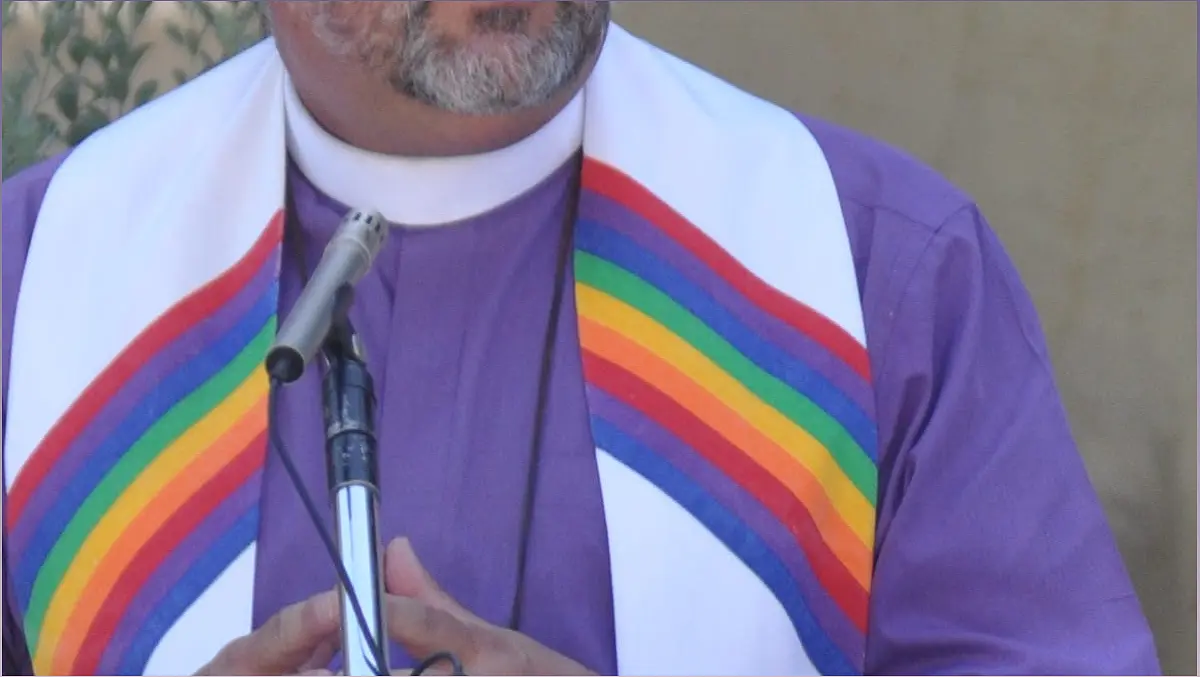Step back in time to the fateful evening of July 12, 1979, when a seemingly harmless radio stunt at Comiskey Park in Chicago set off a chain of events that would rock the music world. Join me as we delve into the chaotic clash of cultures that unfolded that night, pitting disco against rock music and leaving a lasting impact on the industry. Discover the unintended consequences of hate, anger, and cultural conflict that forever changed the musical landscape.
The Rise of Disco: A Cultural Phenomenon
Explore the origins and rapid ascent of disco music as a cultural phenomenon in the 1970s.
Disco music emerged in the 1970s as a unique blend of various musical genres, captivating audiences with its infectious beats and danceable rhythms. With influences from African drums, electronic mixing, jazz, soul, Latino, and funk, disco quickly became a cultural force to be reckoned with.
Its popularity soared, dominating the airwaves and dance floors across the nation. Disco clubs became the go-to destinations for people seeking an escape from their everyday lives, where they could let loose and express themselves through dance.
But with its rise to fame came a growing divide between disco lovers and those who preferred other genres, particularly rock music. This cultural divide would eventually come to a head on that fateful night at Comiskey Park.
Steve Dahl: The Anti-Disco Crusader
Learn about Steve Dahl, the radio shock jock who spearheaded the anti-disco movement.
At the center of the disco backlash was Steve Dahl, a popular radio personality known for his hard rock DJ persona. Dahl had a personal vendetta against disco, stemming from his previous job loss when his former employer switched to a disco format.
Determined to undermine the genre that cost him his job, Dahl orchestrated a publicity stunt at Comiskey Park, inviting thousands of hard rock fans to bring their disco records for a ceremonious destruction.
Little did he know that this seemingly harmless event would ignite a powder keg of cultural tension and lead to a night that would go down in history.
The Explosion and Unintended Consequences
Witness the explosive moment that sparked a riot and forever changed the music industry.
As the disco records were set ablaze in a pyrotechnic display, the crowd erupted into chaos. Anger, fueled by a sense of cultural displacement and fueled by alcohol, took over the field.
What started as a radio stunt quickly spiraled out of control, with fans storming the field, vandalizing property, and forcing the cancellation of the second game of the doubleheader.
This riot, born out of hate and cultural conflict, had far-reaching consequences. It not only tarnished the reputation of disco but also highlighted the deep divisions within American society at the time.
The Aftermath: The Decline of Disco
Discover how the disco backlash led to the decline of the genre and its lasting impact on the music industry.
The Comiskey Park riot marked a turning point for disco. The negative publicity and association with violence led to a significant decline in its popularity.
Mainstream radio stations, once the champions of disco, quickly shifted their focus back to rock music, leaving disco artists and fans feeling ostracized.
While disco never completely disappeared, its cultural dominance was shattered, making way for new genres and paving the way for the music industry's evolution.
Conclusion
The night at Comiskey Park in 1979, when a radio stunt turned into a riot, remains a stark reminder of the destructive power of hate and cultural conflict. The clash between disco and rock music that unfolded that night forever changed the musical landscape, tarnishing disco's reputation and highlighting the deep divisions within American society at the time.
While disco may have declined in popularity, its impact on the music industry cannot be denied. It paved the way for new genres and shaped the evolution of music as we know it today.
FQA
What caused the disco backlash?
The disco backlash was fueled by a combination of factors, including cultural tension, a sense of displacement, and the personal vendetta of radio personality Steve Dahl, who spearheaded the anti-disco movement.
Did the Comiskey Park riot mark the end of disco?
While the Comiskey Park riot marked a turning point for disco, it did not mark the end of the genre. Disco continued to exist, albeit with a tarnished reputation, and its decline paved the way for the rise of new musical genres.
What was the lasting impact of the disco backlash?
The disco backlash had a lasting impact on the music industry. It led to a decline in disco's popularity, a shift in focus back to rock music by mainstream radio stations, and a reevaluation of cultural norms and divisions within American society.

